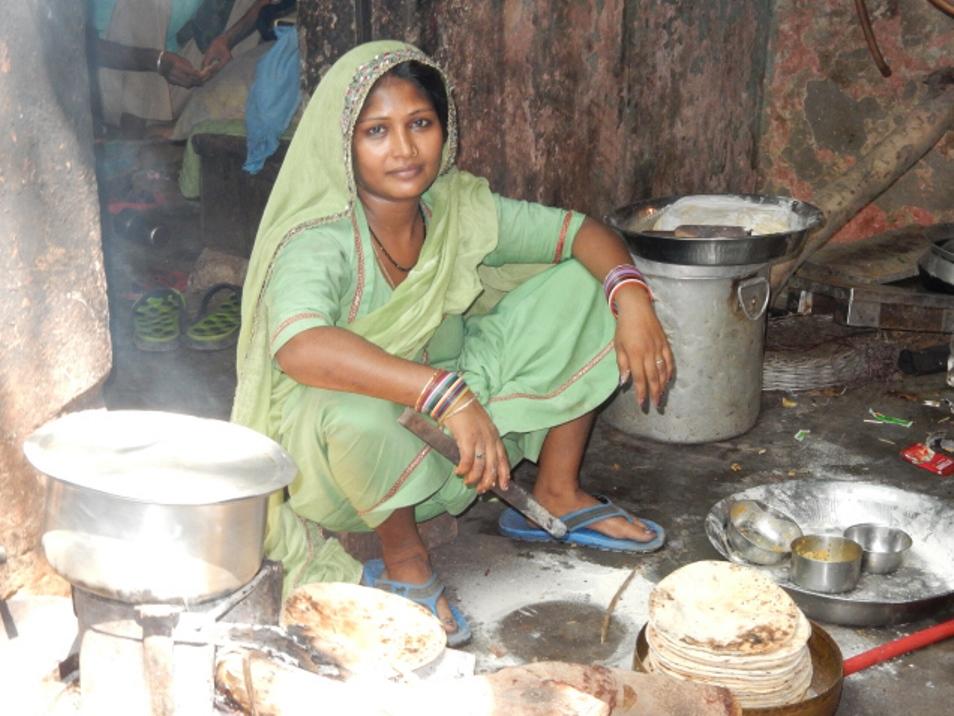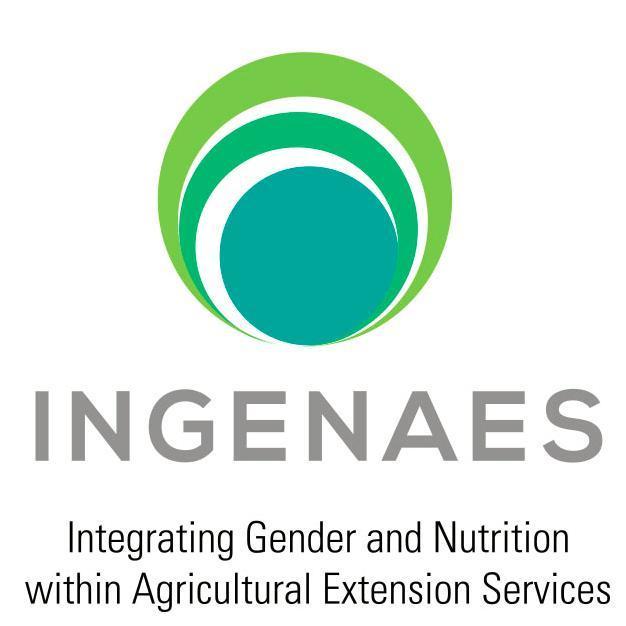Transforming gender relations in agriculture through women’s empowerment: benefits, challenges and trade-offs for improving nutrition outcomes
South Asia has had extraordinary economic growth over the last two decades, yet has the highest rate of child malnutrition in the world, with 4 in 10 children chronically malnourished. While agriculture is the main livelihood for majority of rural families in the region, clearly its potential to address undernutrition is not being realised. This we can see from the macro-level neglect of rural areas in targeting investments (agriculture / infrastructure) to adverse prices for agricultural commodities, and the neglect of the agricultural workforce (increasingly feminised) in terms of both skills and returns. Most nutritional interventions do target women though, given their central role in child-care, yet the problem persists. So, what is really missing in our research and analysis, and our policies?
A socially differentiated analysis of women’s position, roles and work burdens appears to be absent. Men too are missing from policy discourses on nutrition, though food production and provisioning are central to masculinities in South Asia. These gaps in our understanding must be filled in order to inform policies and programmes in the region and LANSA research programme seeks to do this.
Leveraging Agriculture for Nutrition in South Asia programme (LANSA) is engaged in cooperation with FAO’s FSN Forum in running an online discussion around these issues. They invite opinions and encourage discussion on processes, as well as examples of good practice with regard to policy changes empowering women in agriculture, and how these changes altered the woman’s nutrition status for the better, and subsequently child nutrition.
To get involved please join the e-discussion here.
Above text adapted from the LANSA/FAO discussion page



